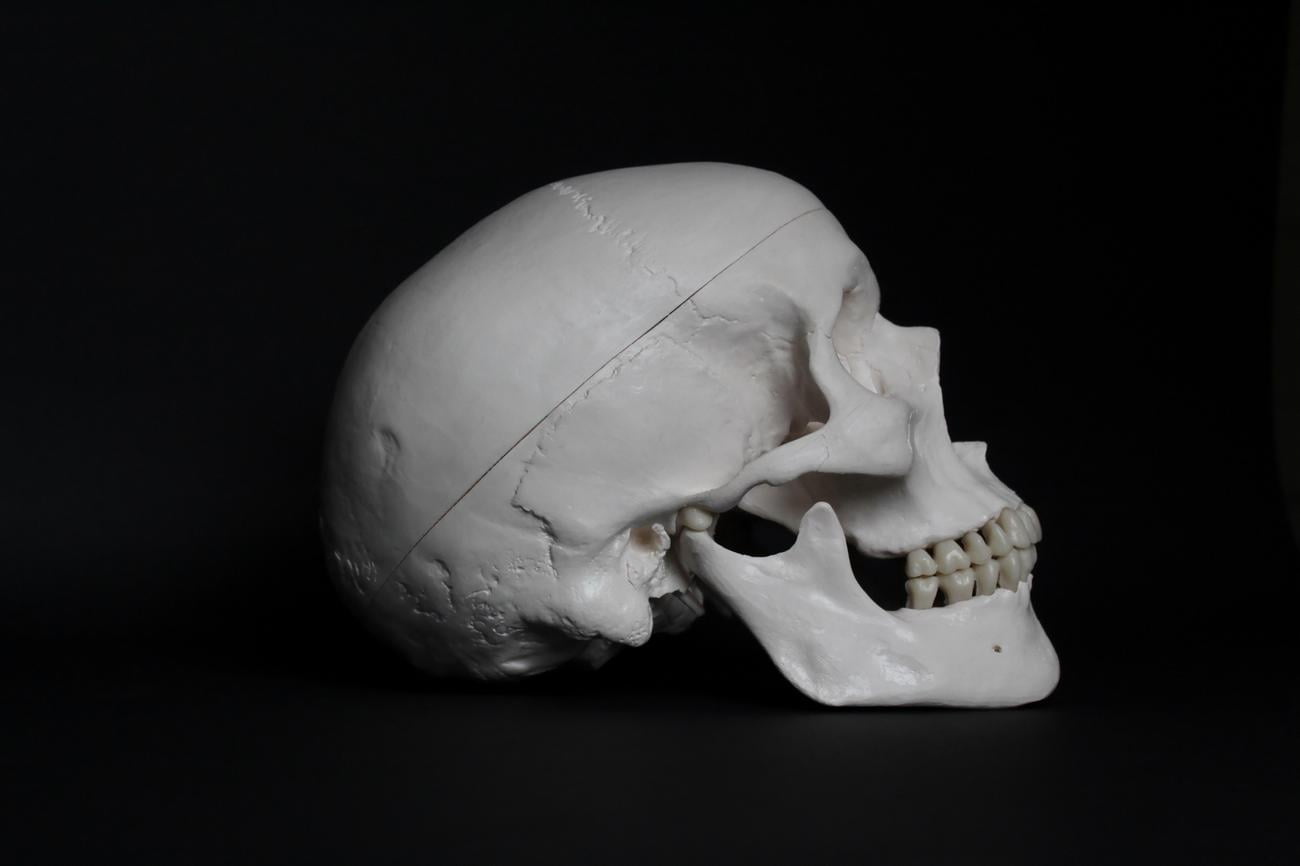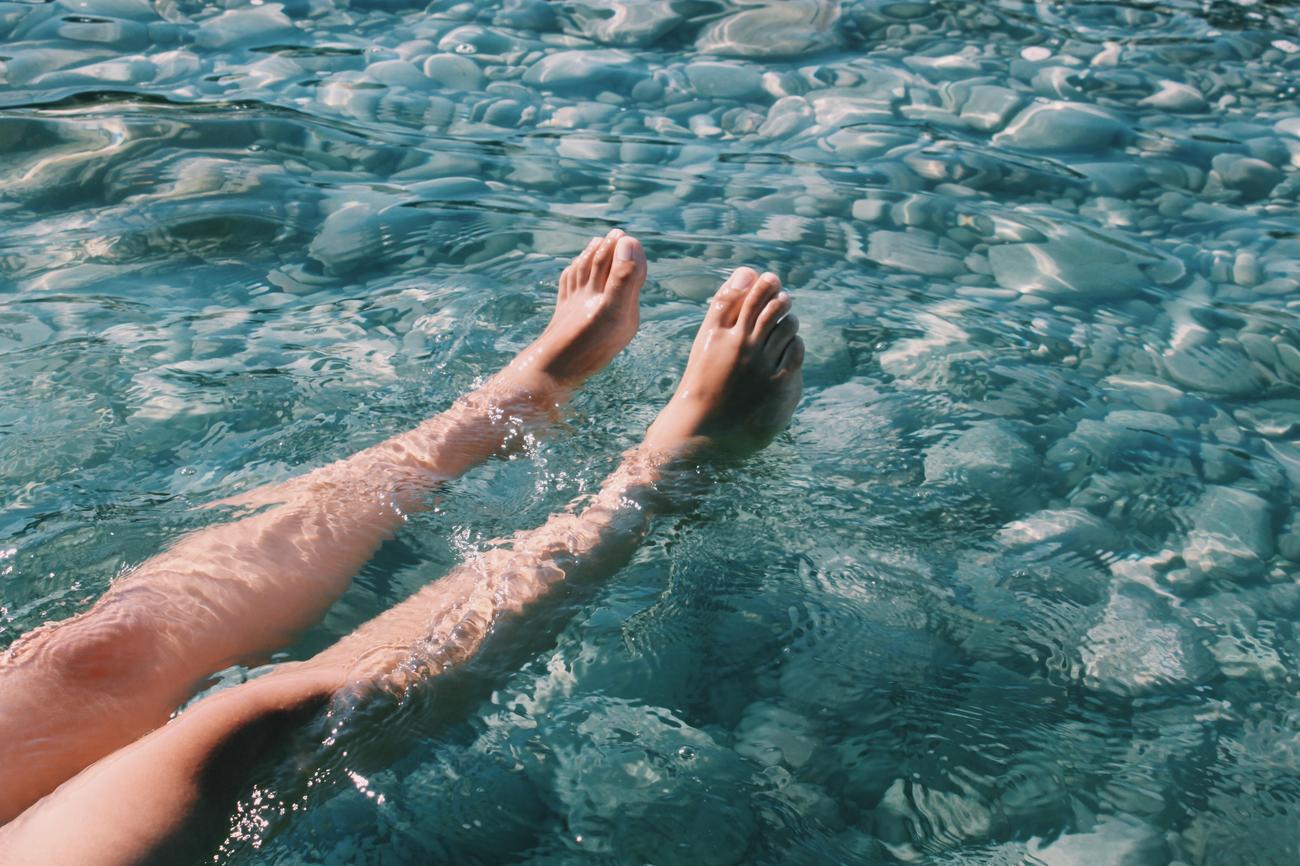Unveiling Foot Anatomy: 10 Captivating Fun Facts

Step into the world of foot anatomy and prepare to be amazed! In this article, we will dive deep into the wondrous intricacies of the foot, unraveling fascinating facts that will leave you in awe. As a seasoned anatomist with a specialization in Podiatric Medicine, I have spent years delving into the structure and function of the foot, driven by an insatiable curiosity and a passion for uncovering its hidden wonders. Through a combination of scientific rigor and engaging storytelling, get ready to embark on a journey of discovery as we unveil some truly captivating foot anatomy fun facts.
Foot Anatomy Fun Facts
As a seasoned anatomist specializing in podiatric medicine, I’ve had the privilege of diving deep into the intricate world of foot anatomy. In this article, I am excited to share with you some captivating foot anatomy fun facts that will not only astound you but also reveal the wonders hidden within every step we take.
1. The foot is a remarkable structure. With 26 bones, 33 joints, 19 muscles, 10 tendons, and 107 ligaments, the foot is an engineering masterpiece. In fact, it makes up one-quarter of all the bones in the human body! This complexity allows our feet to adapt to different terrains and provide stability and agility.
“The foot is like a puzzle of bones, joints, and muscles, working in harmony to support our every move.”
2. The foot is incredibly sensitive. Did you know that the foot has more sweat glands and nerve endings per square inch than any other body part? These nerve endings not only contribute to our sense of touch but also play a crucial role in balance and proprioception. In fact, our feet can excrete up to half a pint of moisture each day! That’s why it’s so important to keep them dry and comfortable.
“Our feet are like the body’s communication center, constantly sending signals to the brain about our environment and how we interact with it.”
3. The foot can be quite ticklish. We’ve all experienced the sensation of ticklishness on our feet, and there’s a reason behind it. The foot’s abundance of nerve endings makes it one of the most ticklish parts of the body. Tickling can trigger a reflex response, causing our bodies to pull away. It’s a fascinating reminder of the intricate connection between our feet and our nervous system.
“Ticklish feet are like the body’s way of reminding us to explore the world around us, one step at a time.”
4. The foot bones develop over time. At birth, the foot bones are mostly cartilage, allowing for flexibility and growth. It’s not until around the age of 21 that the bones fully harden and reach their adult form. This gradual development ensures that our feet are capable of adapting to the complex demands we place on them as we grow and explore the world.
“Just like a sturdy foundation, our foot bones slowly solidify, providing the support needed for a lifetime of adventures.”
5. Flat feet can cause discomfort. Some people have flat feet, meaning their entire foot touches the floor when they stand. While this condition is not always problematic, it can cause pain and discomfort for some individuals. Flat feet can lead to overpronation, where the foot rolls inward excessively during walking or running. Fortunately, proper footwear and exercises can help alleviate any discomfort and maintain healthy foot mechanics.
“Flat feet are like unique footprints, reminding us that every foot deserves customized care and attention.”
6. Foot problems are common. Approximately 75% of people experience some form of foot problem in their lifetime. From bunions and corns to ingrown toenails, these issues can affect our daily lives and overall well-being. Seeking professional care from a podiatrist can provide solutions and ensure that our feet stay happy and healthy.
“Foot problems are like road bumps on our journey, reminding us to slow down, listen to our bodies, and take steps towards self-care.”
In conclusion, the foot anatomy fun facts we’ve explored reveal the incredible complexity and vital role our feet play in our daily lives. By understanding and appreciating the wonders hidden within our feet, we can discover the importance of foot health and the impact it has on our overall well-being. So, let’s take every step with gratitude and care for the remarkable feet that support us along life’s path.
Foot Anatomy Facts – Did you know that the human foot is an incredibly intricate and fascinating structure? From the bones to the ligaments, there is so much to learn about this vital part of our body. If you’re curious to explore more about foot anatomy and discover some interesting facts, then click here to delve into the world of foot anatomy facts!
FAQ
Question 1
What are some interesting facts about foot anatomy?
Answer 1
- The foot has 26 bones, 33 joints, 19 muscles, 10 tendons, and 107 ligaments, making up one quarter of all the bones in the body.
- The foot has more sweat glands and nerve endings per square inch than any other body part and can excrete half a pint of moisture each day.
- The foot may be the most ticklish part of the body due to the nerve endings.
- The foot bones are mostly cartilage at birth and only fully harden around age 21.
- Some people have flat feet, meaning their whole foot touches the floor when they stand, which can cause pain.
- About 75 percent of people have some kind of foot problem, such as bunions, corns, or ingrown toenails.
Question 2
How many bones are there in the foot?
Answer 2
The foot has 26 bones, which make up one quarter of all the bones in the body.
Question 3
How many sweat glands and nerve endings are there in the foot?
Answer 3
The foot has more sweat glands and nerve endings per square inch than any other body part.
Question 4
When do the bones in the foot fully harden?
Answer 4
The bones in the foot are mostly cartilage at birth and only fully harden around age 21.
Question 5
What problems can people have with their feet?
Answer 5
About 75 percent of people have some kind of foot problem, such as bunions, corns, or ingrown toenails.
















